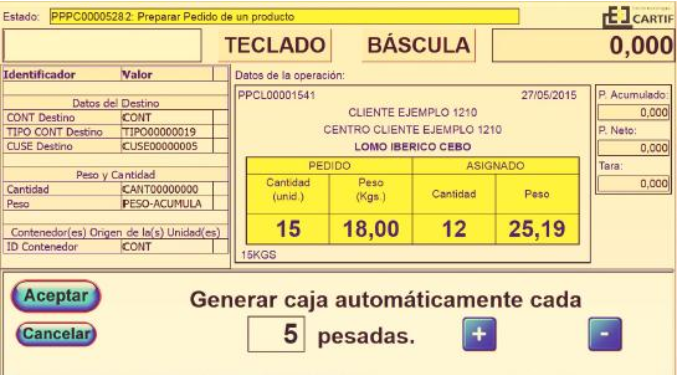Spanish SOHOs and SMEs have faced in recent years to a very complex macroeconomic environment. Indeed, it might be more precise saying that they are still facing this situation. The fall in the domestic consumption, along with financial constraints, has caused a contraction of the main economic indicators in most productive sectors of our economy.

Despite this unfavorable scenario, we happily can see that the adoption of ICT –Information and Communications Technologies – tools is clearly consolidated in the daily procedures of management and control. ICT tools introduction is considered absolutely necessary for survival in the market. IC Technology keeps being one of the best allies of entrepreneurs in their attempt to improve the competitiveness of their business, allowing the opening of new markets and the optimization of the internal management processes.
Regarding their information systems, one of the biggest challenges that these companies may face, is the adoption of an advanced management system capable to accurately identify the current and future situation of their business. That is, a system that centralizes all the company data and numbers.
However, unfortunately, much more often than expected, we can found SMEs who have suffered serious problems in the process of implementing such systems. If we wanted to enumerate the different possible causes for the occurrence of these problems, every entrepreneur, worker or implementation technician that have faced a situation like this, could probably provide two or more reasons based on their particular suffering experience. What we can state is that, in too many occasions, projects fail because their excessive implementation required time. Companies must adapt to the new market trends while they are implementing already obsolete tools associated to their production processes.
However, we must not understand these problems as an obstacle to the adoption of such systems within our companies. We simply must consider it as a warning of the deserved importance of the implementation processes within the company. It is crucial to accept and understand that, every worker in the company must be an active element in the implementation process, and each worker role is equally relevant, with completely independence on their position within the organization. In order to success in the implementing project, there are two equally important choices to make: system and people. The final selection of the system, in order to choose the most suitable one for the company profile and the required objectives. The company personnel, involved in the data collection must be aware of the importance of doing it rigorously in time and place.
Obviously, all the responsibility for the success or failure must not be attributed only to the company staff. The role developed by the technician staff of the outsourced implementing company will be also essential. Implementing tasks will face predicted and also unexpected problems. The external technicians must be able to early detect them and choose the most suitable solution for each situation.

Regarding this last issue, in CARTIF, we have developed our own advanced management ICT system specifically oriented for the SMEs: SAGIT. It was initially though and designed targeting the agrofood industrial companies and their traceability requirements. First developments and implementing were focus on the vegetables and winery sectors. After that, additional functionalities were added in order to be implemented in diverse sectors like fresh and cured meat, flour mills, daily-products, industrial bakery, snacks, etc. Over time the system has evolved into a multi-sector solution capable of managing any company in any sector. In addition, we managed to create, build and maintain a work team with extensive experience in adapting and implementing the same solutions in many different processes and situations.
- SAGIT, Advanced Production Management System - 29 April 2016
